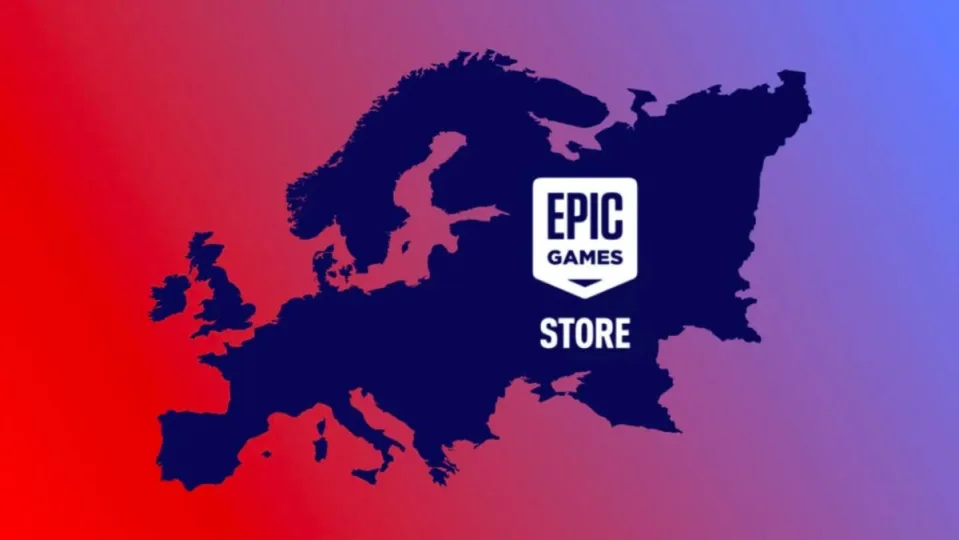Epic has been complaining about the commissions that Apple applies in its app store even before its lawsuit against the Cupertino company a couple of years ago. A lawsuit in which the courts practically sided with Apple and that has not prevented the avalanche of complaints and comments from ceasing at any time. Meanwhile, Epic has announced the commissions it will charge in its European app store…
An announcement with a touch of irony
Epic Games has announced its plans to implement a 12% commission in its future app store in the European Union, which leads us to a difficult irony to ignore. Meanwhile, the European Union has turned its critical eye to Apple, announcing that it will investigate the company for applying a fee structure that, in certain aspects, remarkably resembles the one proposed by Epic.
Epic Games, known for its fight against what they describe as monopolistic practices in different app stores, has been a very critical voice against Apple. However, by deciding to establish a 12% commission for transactions in its own app store in Europe, Epic surprisingly aligns itself with the standard it has vehemently questioned when applied by others. This move raises doubts about the consistency of its argumentation and highlights an apparent double standard in its stance.
In the United States, following the lawsuit filed by Epic Games, Apple modified some rules of the App Store and allowed developers to link to alternative payment systems in their applications. These changes include the fact that Apple will charge a commission of 12% for purchases made by developers who are members of the App Store Small Business Program and 27% for other applications. A decision that has been opposed by Epic Games and other technology companies, who argue that these commissions are almost equivalent to the previous ones.
In the meantime, Epic Games plans to launch its own app store in the European Union by the end of the year, with a 12% commission for all sales, replicating the conditions it offers in its PC store. These conditions, while including that developers will receive 100% of the revenue during the first six months in the Epic store, are actually similar to Apple’s proposal.
Apple has been subject to intense scrutiny by European regulatory authorities regarding its compliance with the Digital Markets Act (DMA). The company has implemented significant changes in its app ecosystem in response to the new regulations, allowing alternative app stores and adjusting its fee structure in an effort to comply with regulatory demands.
Despite these efforts, Apple faces criticism and an investigation by the European Commission, which is examining whether the new fees could discourage developers from using alternative app stores. The situation, however, is different in the United States, where the most updated framework we have, the Epic v. Apple trial, leaves ample room for interpretation on how Apple’s practices align with competition expectations and market openness.
While the intention of the DMA is clear: to improve competition in digital markets, the truth is that regulating such an extremely complex issue is very difficult. The response that different companies, including Apple, are giving to the DMA already shows how the regulation is very open to interpretation, so we will have to wait for certain investigations to conclude to draw more conclusions.
While the most critical voices have rushed to claim that Epic has disrupted any investigation into Apple’s commissions by announcing a 12% commission, the truth is that caution should lead us to wait for more details.
The current situation between Apple and Epic, as well as the ongoing investigation by the EU into Apple’s practices, illustrate the complexity of balancing the demands of a constantly evolving digital ecosystem with the principles of fair and open competition. The irony of the similar commissions between Epic and Apple underscores the need for deeper reflection on what constitutes fair competition and how market practices can be established to effectively promote it.


